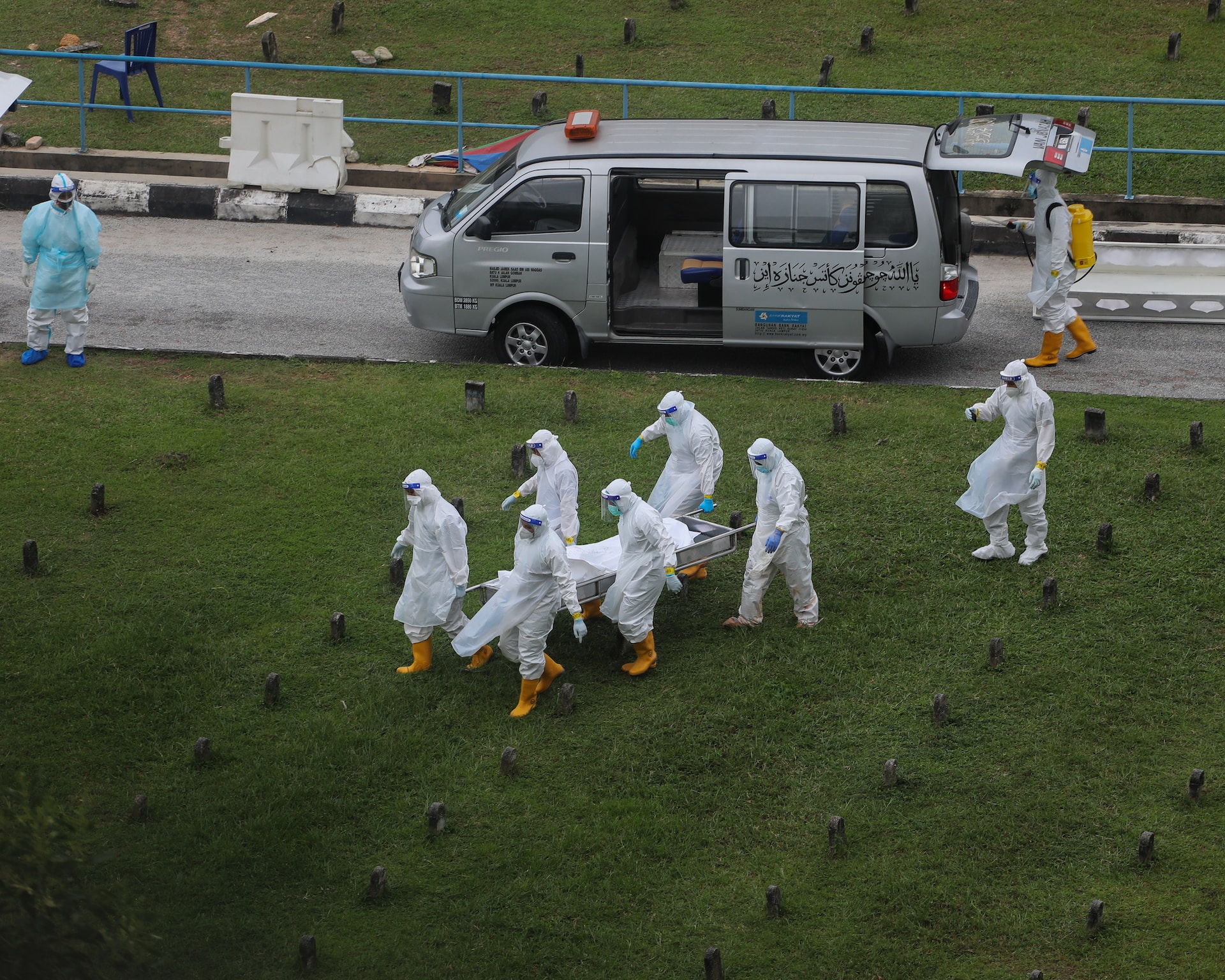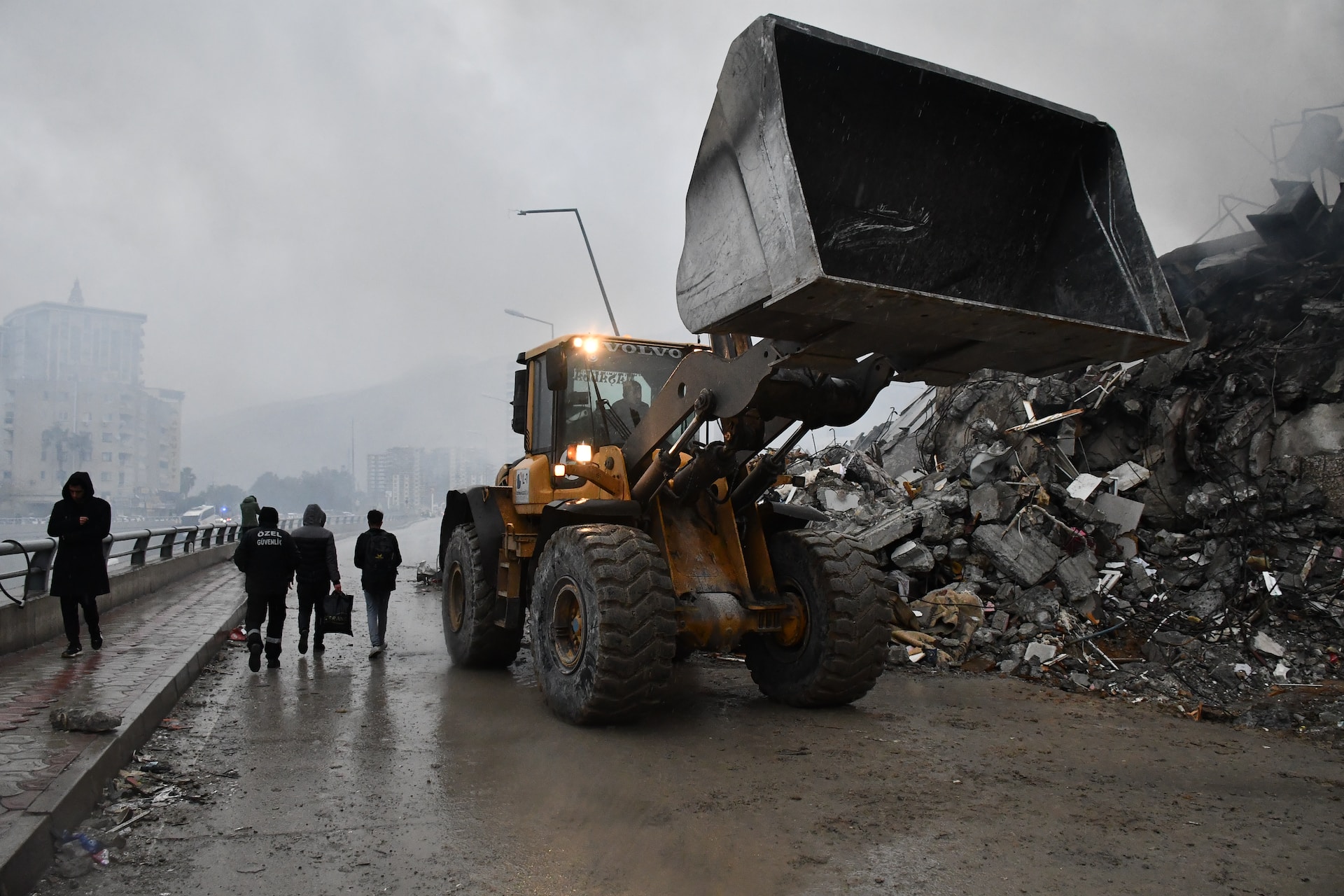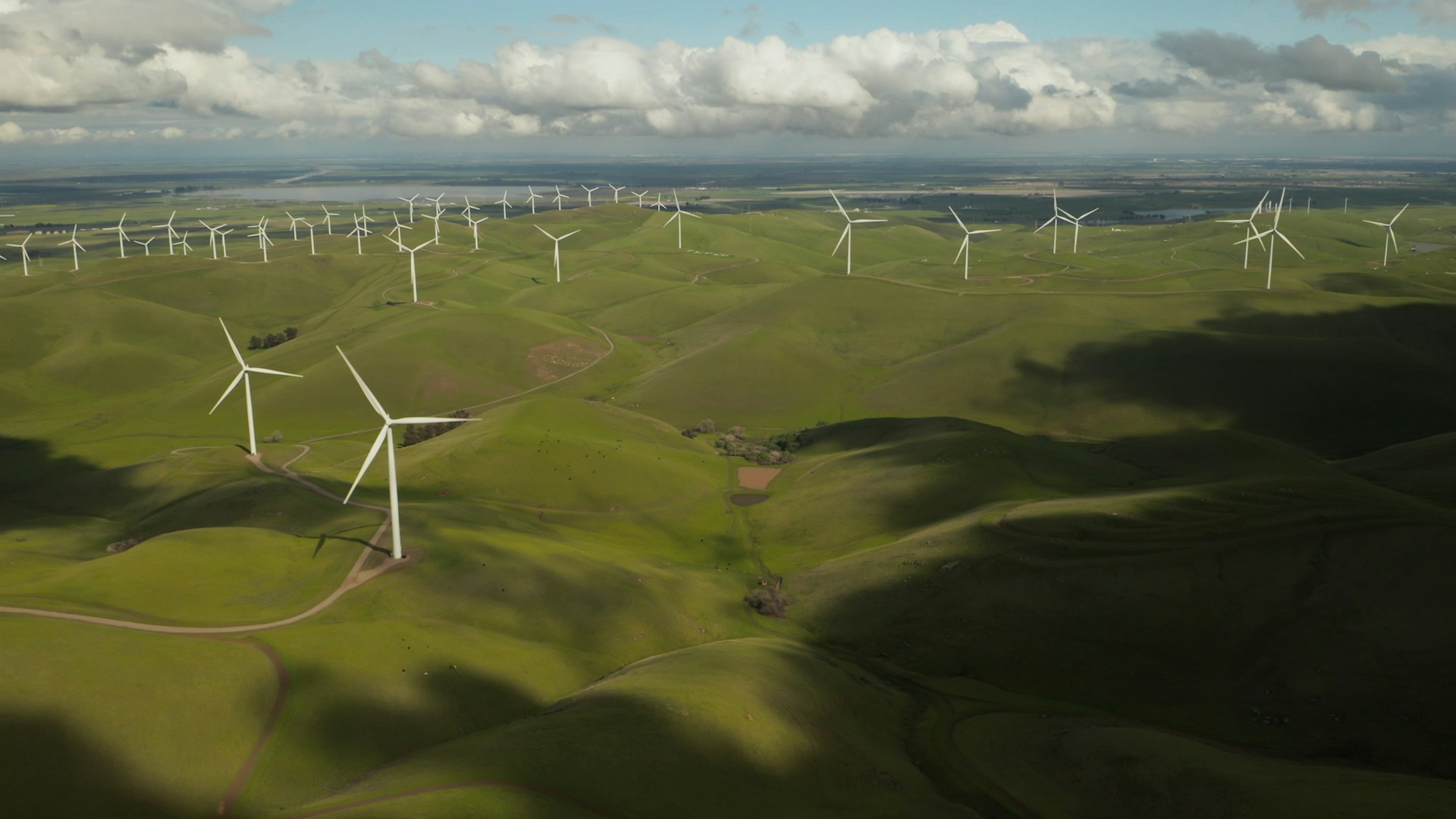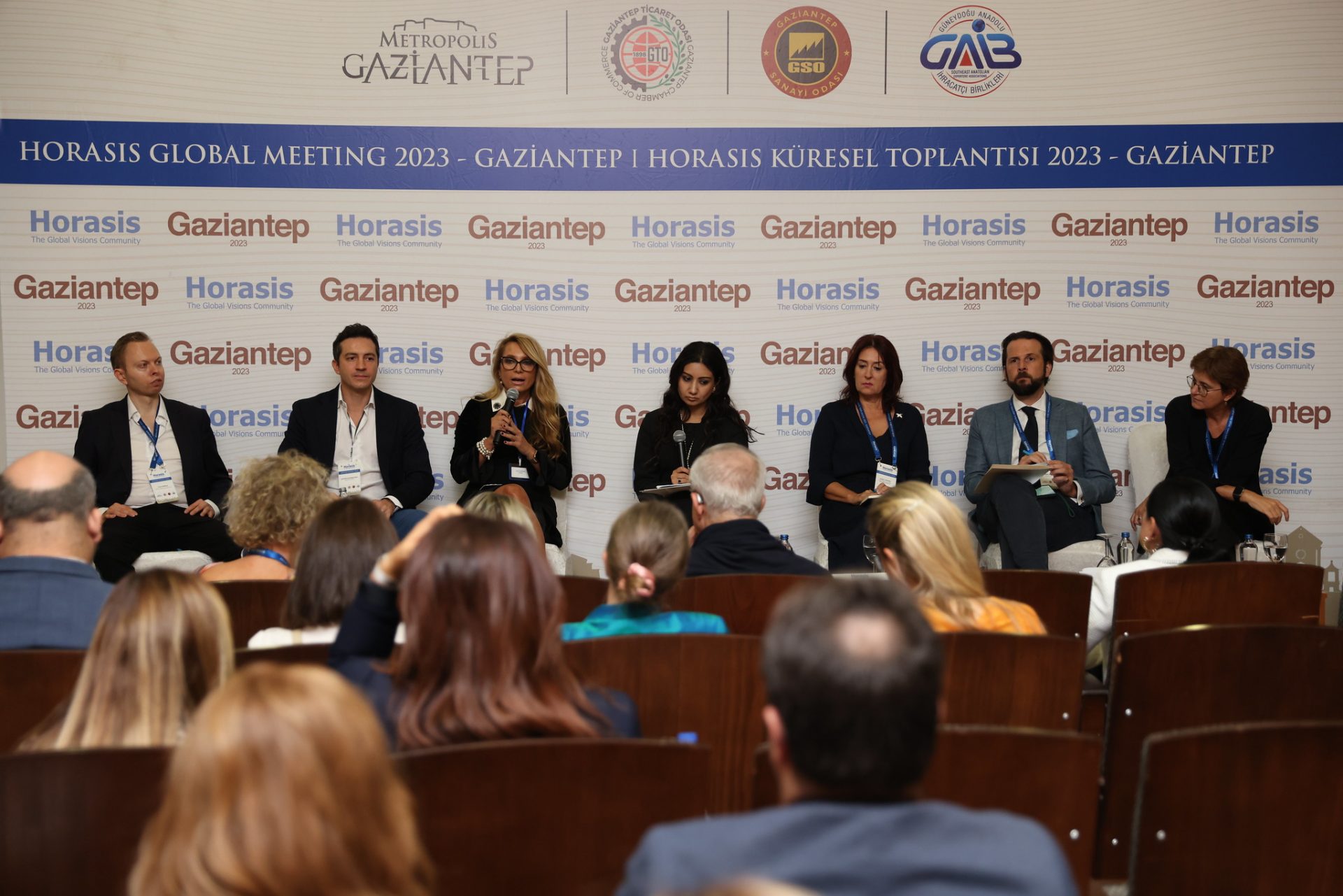Leading Collaboration in a World Out of Balance
The world is at a critical juncture. Post World War II, countries across the world collaborated and united for peace and prosperity. Post this, the global economy flourished, and along with it the income and livelihoods of people.
The “Golden Era” of interconnected trade, learning, business and R&D, now seems a distant past. We are being continuously hounded by the depreciating state of global affairs, business, health, art, culture and beliefs.
Several global disasters hound us each day. But three in particular threaten to put the world out of balance – climate change; COVID-19; and the ongoing Russia-Ukraine war.
Global Challenges
Climate change is perhaps the most pressing issue that global leaders face today. The clock to doomsday had already kickstarted due to ungirded human activity. It has perhaps now further heightened.
Global warming may not be completely stopped, but it can be slowed down. Most countries of the world are parties to the Paris Agreement – a global pact to keep global temperatures below 2°C, while pursuing to keep it under 1.5°C.
But in all likelihood, we may bear witness to devastating floods, drought and worst climate extremes in the coming decades. In a recent meeting, UN Secretary-General António Guterres said, “greenhouse gas emissions are at record levels and growing. The commitment to limit global temperature rise to 1.5 degrees is nearly going up in smoke. Without further action, we are headed to a 2.8-degree increase.”
What this would mean is that the climate extremes that we have seen in the past two to three years—incessant floods in most parts of the world; wildfires devastating flora, fauna, lives and livelihoods; and unbearable heat, followed by incessant diseases—will increase in intensity.
Many believe that COVID-19 is a rebuttal of changing climate. The entire world, along with its knowledge, power and money were not able to stop the spread and devastation that a mere virus unleashed on the world.
The global economy, businesses, and the healthcare system are still reeling under it. Although countries were quick in developing vaccines, fear of new variants still linger. The global community cannot sit on its laurels of stopping one virus, there are millions that endanger the world and will continue to disrupt our lives as we know it if a more sustainable approach is not found.
If these weren’t enough, Russia chose to invade its smaller and weaker neighbor Ukraine in the beginning of 2022. The conflict continues with many lives lost on both sides, mostly in Ukraine. The smaller pre-Soviet nation has reached out to Western leaders and NATO to support it with military power.
The recent visit by US President Joe Biden has further fueled the conflict. Russia is being supported by China, while the president’s visit to the conflict zone is now being treated as a proxy war. Experts warn that if China decides to show its support to Russia by providing it with military arms, US would not keep quiet and it could possibly lead to the next world war.
Governance and Collaboration
The future of the world and its order lies in the hands of elected leaders who need to think holistically in stopping wars and concentrating on more pressing issues such as climate change and the pandemic.
Although Western allies were quick to sanction Russia and its international businesses, there needs to be more of a middle ground where both the warring parties agree and find solutions to the conflict.
Although several countries including China are ready to broker cease-fire talks between the two warring nations, it may now look impossible. In a recent interview, Putin’s spokesman said that negotiations between Russia and Ukraine “are now impossible since there are no conditions for them either de facto or de jure.”
Global Order Needed
There is an increasing need of a global order that is not controlled or dictated by a stronger and more richer country, but a collective framework.
The pandemic has allowed global leaders to hit refresh and rethink their strategy around what the ideal world order should look like. The global order framework should necessarily include factors around equity, peace, climate, sustainability and resiliency.
These factors should also become staple policies in governments, ensuring that change and impact happens from bottom up.
We should learn from our past and ensure to not allow the same mistakes to recur. Stringent adherence to laws and policies, with regular audits and compliance should become norms in the new global order.
Our core values need to change such that it allows growth that is both resilient and sustainable.
Photo Caption: Climate change, COVID-19, and the ongoing Russia-Ukraine war threaten to shake the world order.



